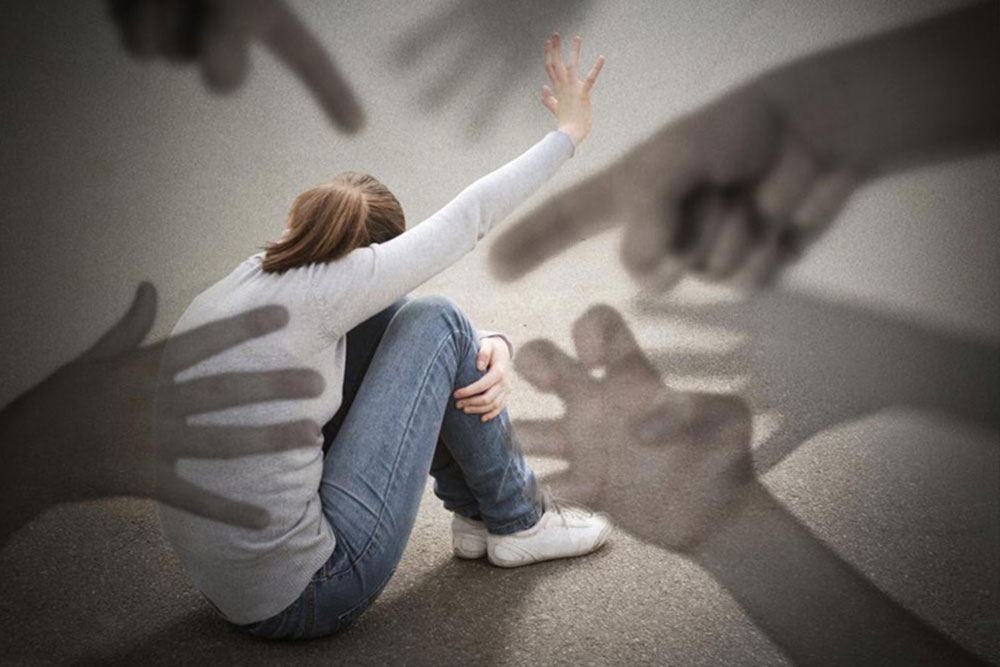Early Detection of Psychosis: Recognizing Key Warning Signs
Early detection of psychosis is essential for effective treatment. Recognizing signs such as hallucinations, delusions, social withdrawal, and behavioral changes can lead to timely intervention. Psychosis often begins in late adolescence or early adulthood but can occur at any age. Prompt therapy and medication improve recovery prospects. Awareness of symptoms in children and adults helps prevent progression. Early diagnosis and professional help are key to managing this serious mental health condition and preserving quality of life.

Early Detection of Psychosis: Recognizing Key Warning Signs
Psychosis can develop without a clear identifiable cause, but early identification is vital for effective intervention. Signs such as hallucinations, delusions, and difficulties in thinking may signal the onset. Prompt treatment—including therapy and medication—can help manage symptoms and promote recovery. Psychosis disrupts the connection with reality, often indicating serious mental health issues. Hallucinations and delusions are primary indicators, and recognizing them early can significantly improve outcomes.
Individuals experiencing psychosis often encounter perceptual and thought disturbances that alter their view of the world. These symptoms are linked to various neurological and physical conditions.
Who is at risk?
Incidence rates vary, with estimates suggesting 15 to 100 per 100,000 people are diagnosed annually. Psychosis typically begins in late adolescence or early adulthood—between the teens and mid-20s—but can occur at any age, especially among older adults with neurological conditions.
Early warning signs of psychosis
Recognizing initial symptoms is crucial, as early treatment greatly improves prognosis. Typical early signs include:
Worries about deteriorating academic or work performance
Difficulty concentrating or thinking clearly
Suspicion of others or feeling at ease around them
Neglect in personal hygiene or self-care
Preferring to be alone more often
Experiencing intense, inappropriate, or emotional blunting
Initial symptoms
Pinpointing the exact start of psychosis can be challenging, but key signs include:
Extreme or absence of emotions
Withdrawal from social contacts
Sudden decline in self-care
Impaired focus or thought process
These signs may indicate declining mental health, and professional evaluation is essential for diagnosis and timely intervention. Early care can prevent the progression of symptoms.
Persistent symptoms
Chronic psychosis may involve hallucinations, false beliefs, incoherent speech, and abnormal behaviors. Behavioral changes often precede full-blown psychosis, such as:
Paranoia, distrust, or anxiety around others
Difficulty with logical thinking
Social withdrawal and increased solitude
Intense or flat emotions
Sleep disturbances
Difficulty distinguishing reality from imagination
Communication and speech problems
Drop in academic or work performance
Other ongoing issues include emotional instability, anxiety, and lack of motivation.
Warning signs in children
Parents and caregivers should be attentive to sudden behavioral or attitude shifts. Notable symptoms include:
Sensation of brain malfunctioning
Visual or auditory hallucinations
Hearing voices or unexplained sounds
Unusual confusion
Odd ideas and thoughts
Rapid emotional changes
Unusual or suspicious behavior
Isolation from peers
Difficulty with basic tasks
Children may show unpredictable behaviors, which can appear suddenly or develop gradually. Early recognition is important for effective treatment.
Psychosis causes disconnection from reality, often with hallucinations and delusions. Untreated, it can degrade quality of life, but with appropriate care, most individuals recover fully or manage their symptoms effectively.
Important Notice:
This article provides informational content on symptoms, diagnosis, and general guidance. It should not replace professional medical advice. Always consult qualified healthcare providers for diagnosis and treatment options.










